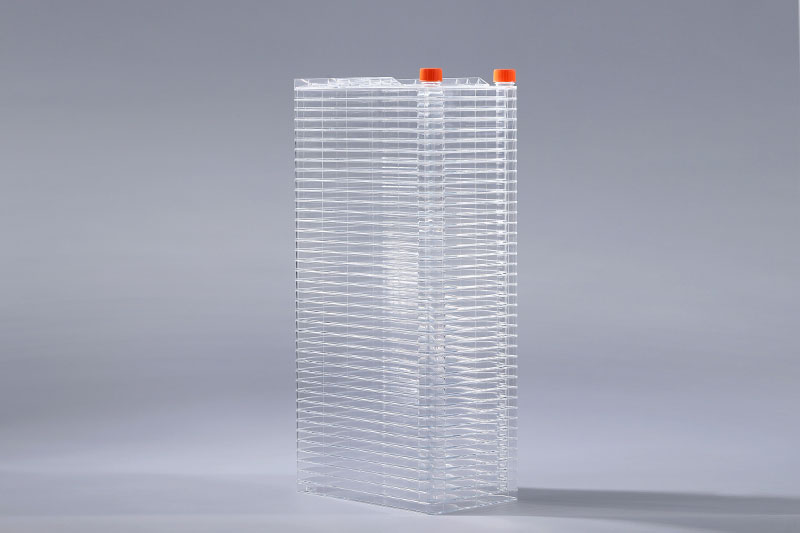細胞を培養する場合、細胞汚染は非常に厄介な問題です。細胞が汚染されると、細胞はゆっくりと成長し、重症の場合、細胞死を引き起こし、実験プロセスに影響を及ぼします。物理的汚染は、 cell factory 。
で細胞を培養する場合の一般的なタイプの汚染です。物理的汚染とは、主に温度、振動、放射線、放射線などの物理的要因による細胞の破壊を指します。ほとんどの細胞をinvitroで培養するのに最適な温度は37〜38℃です。低温では、細胞の代謝活性と有糸分裂能力が低下します。温度が0°C以上であれば、細胞代謝は影響を受けますが、損傷はありません。 25〜35°Cでは、細胞はゆっくりと成長します。しかし、40°Cで数時間置くと、細胞の生存と成長に悪影響を与えるだけではありません。 、そして細胞工場内で細胞死にさえつながる可能性があります。同時に、細胞培養に使用する培地、緩衝液、ウシ胎児血清などは、低温による細胞への損傷を避けるために、一般的に温度が37℃前後の細胞に使用する必要があります。
また、細胞培養液等を放射線や紫外線にさらすと、細胞の代謝に変化が生じます。恒温インキュベーターの周囲に機械的振動を発生させて細胞質を無秩序に流動させる装置があり、プロトプラストのコロイド構造も大きく変化します。振動が一定の値を超えると、細胞の損傷や染色体異常を引き起こします。したがって、二酸化炭素インキュベーターの近くに振動装置を配置しないことをお勧めします。
上記は、細胞工場で細胞を培養する際の一般的な物理的汚染です。細胞は環境に敏感であり、あらゆる種類の汚染が細胞の成長と繁殖に影響を与える可能性があります。したがって、汚染源の持ち込みを避けるために、所定の手順に厳密に従って操作を行う必要があります。
The FAI climbed 5.9 percent year-on-year in the first 11 months of 2018, quickening from the 5.7-percent growth in Jan-Oct, the National Bureau of Statistics (NBS) said Friday in an online statement.
The key indicator of investment, dubbed a major growth driver, hit the bottom in August and has since started to rebound steadily.
In the face of emerging economic challenges home and abroad, China has stepped up efforts to stabilize investment, in particular rolling out measures to motivate private investors and channel funds into infrastructure.
Friday's data showed private investment, accounting for more than 60 percent of the total FAI, expanded by a brisk 8.7 percent.
NBS spokesperson Mao Shengyong said funds into weak economic links registered rapid increases as investment in environmental protection and agriculture jumped 42 percent and 12.5 percent respectively, much faster than the average.
In breakdown, investment in high-tech and equipment manufacturing remained vigorous with 16.1-percent and 11.6-percent increases respectively in the first 11 months. Infrastructure investment gained 3.7 percent, staying flat. Investment in property development rose 9.7 percent, also unchanged.
 English
English



















































